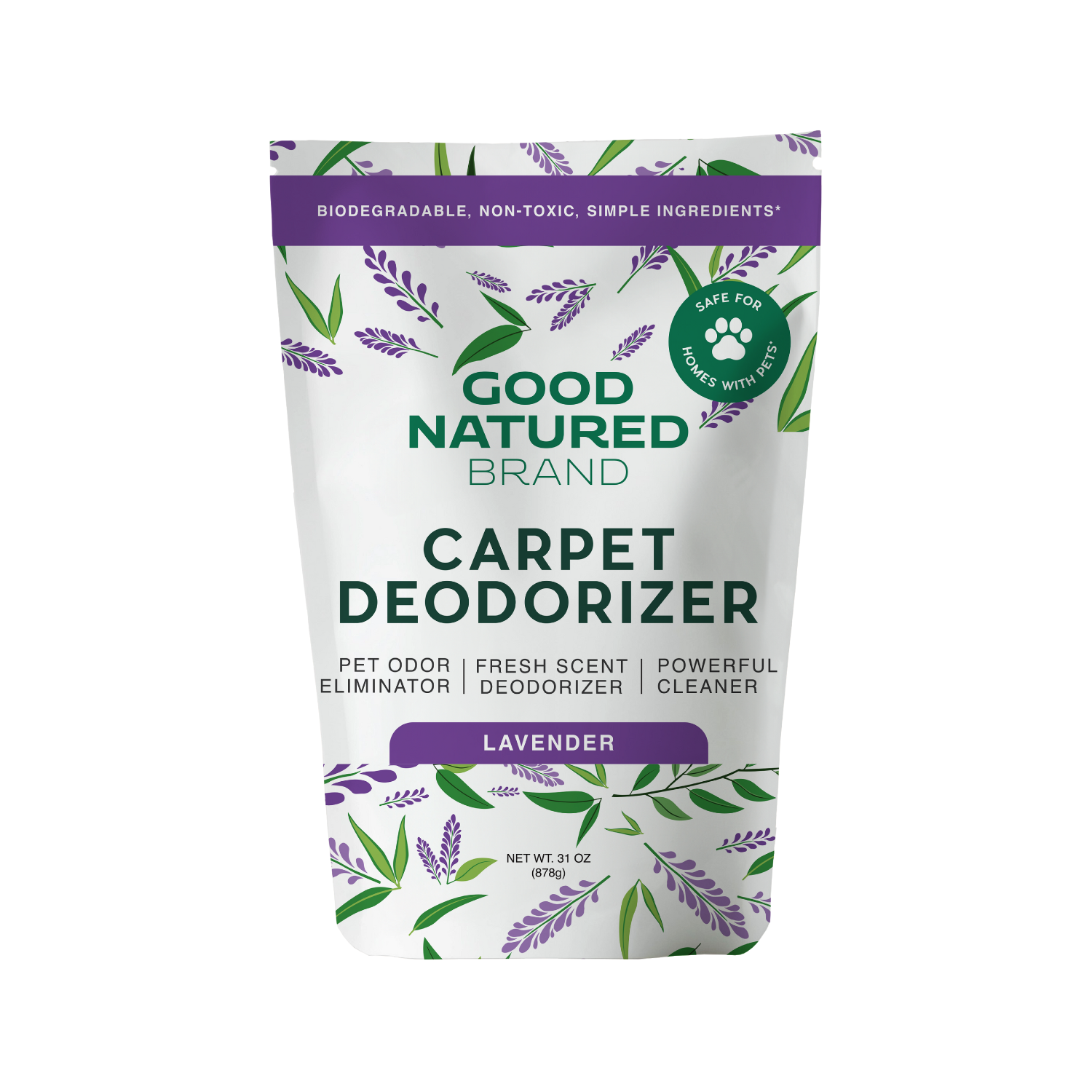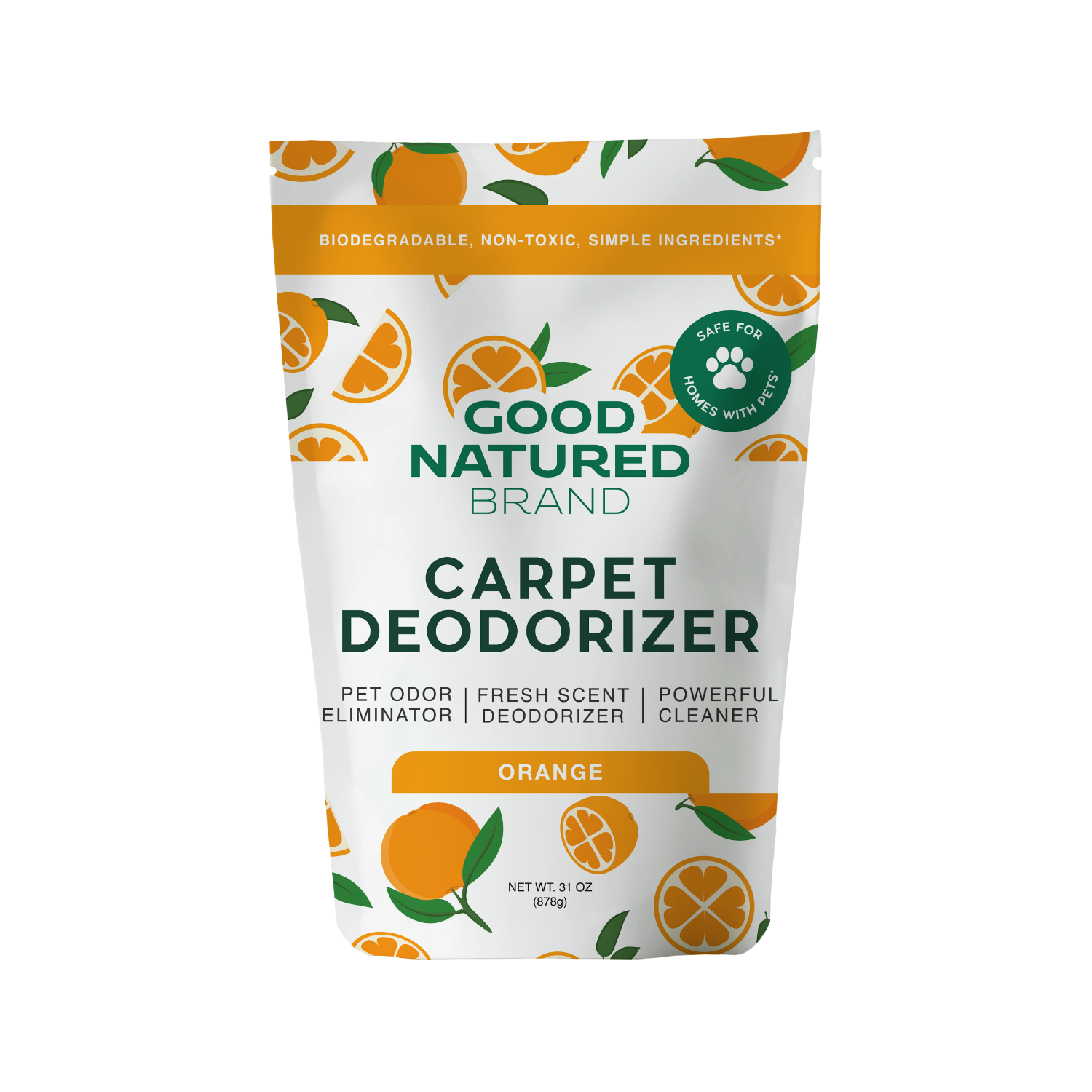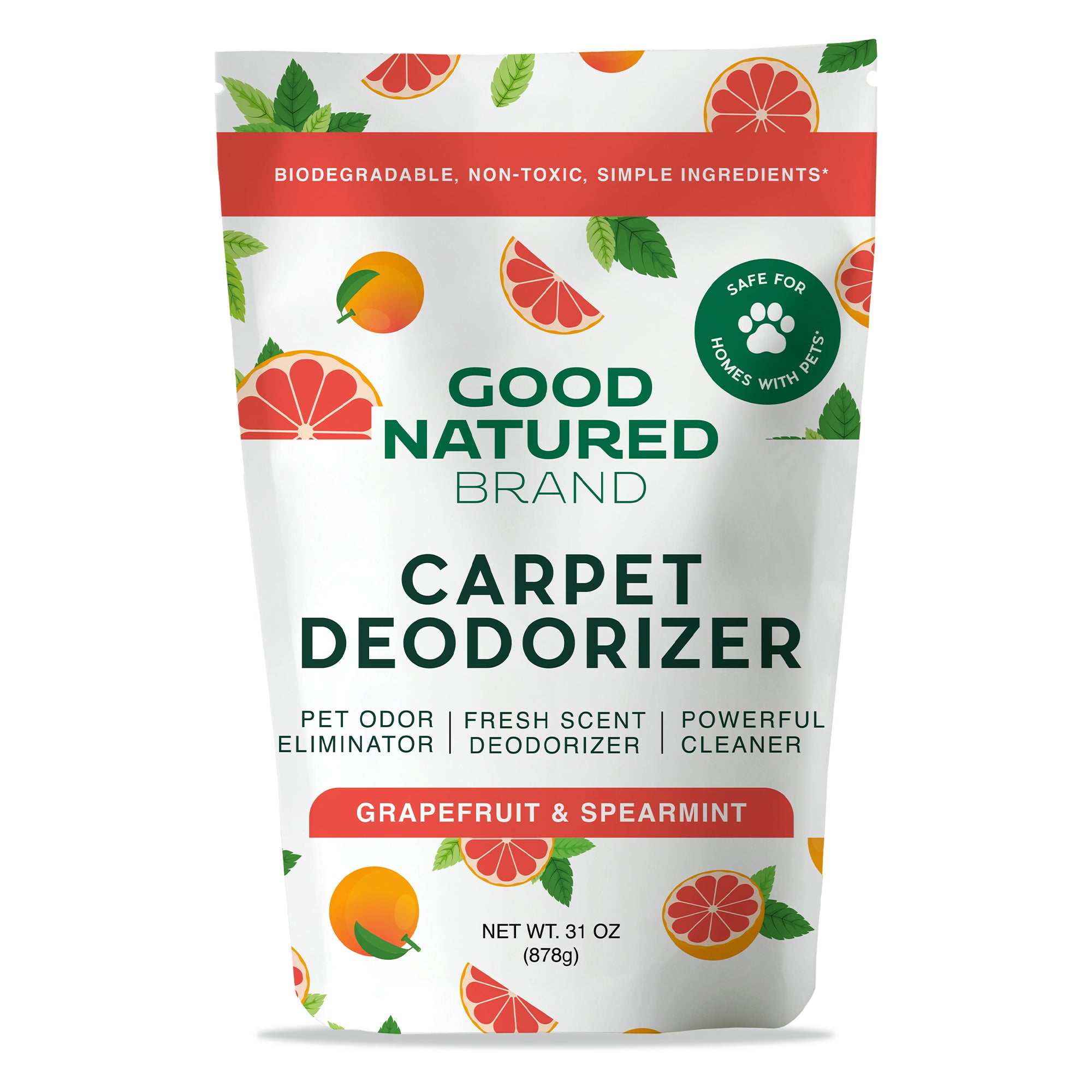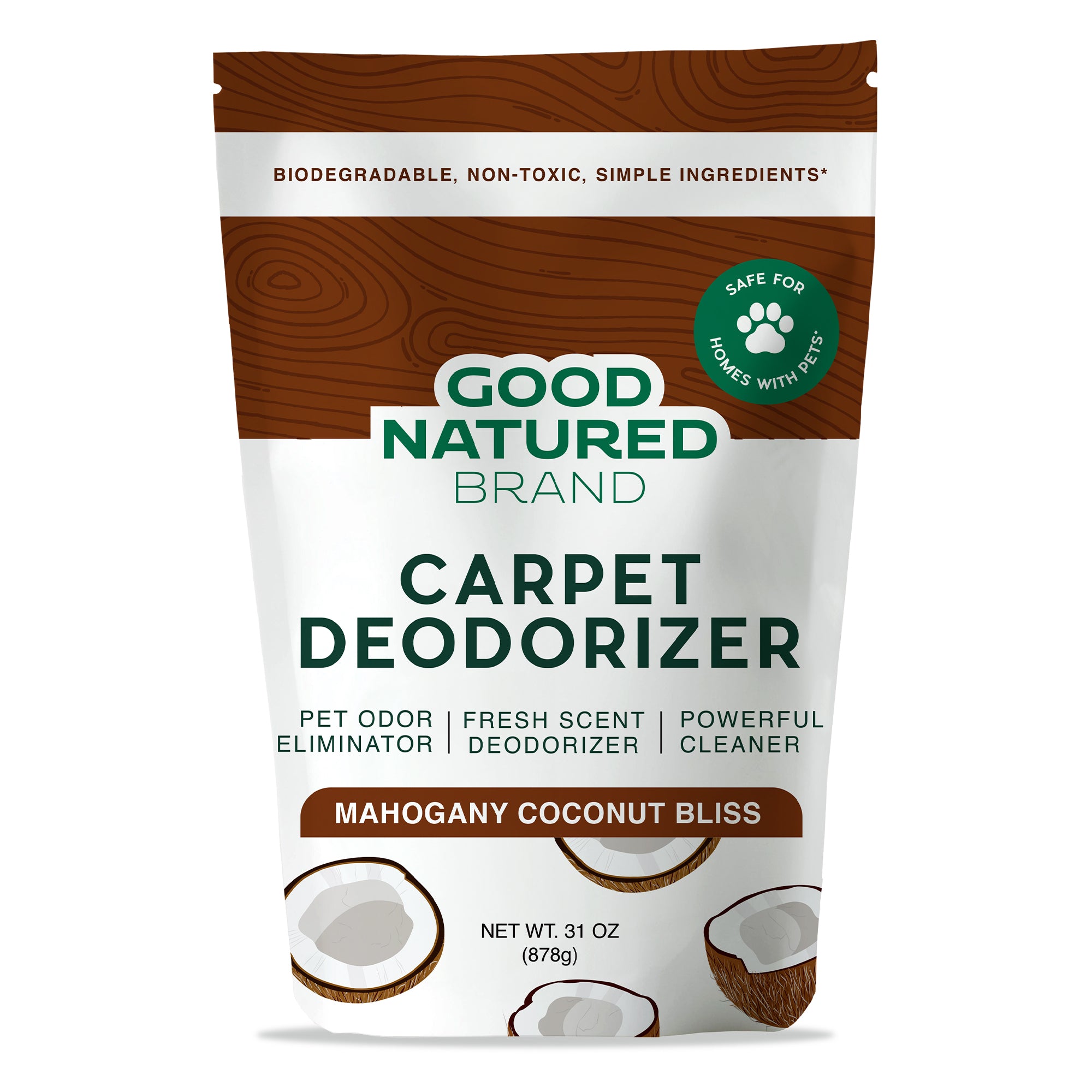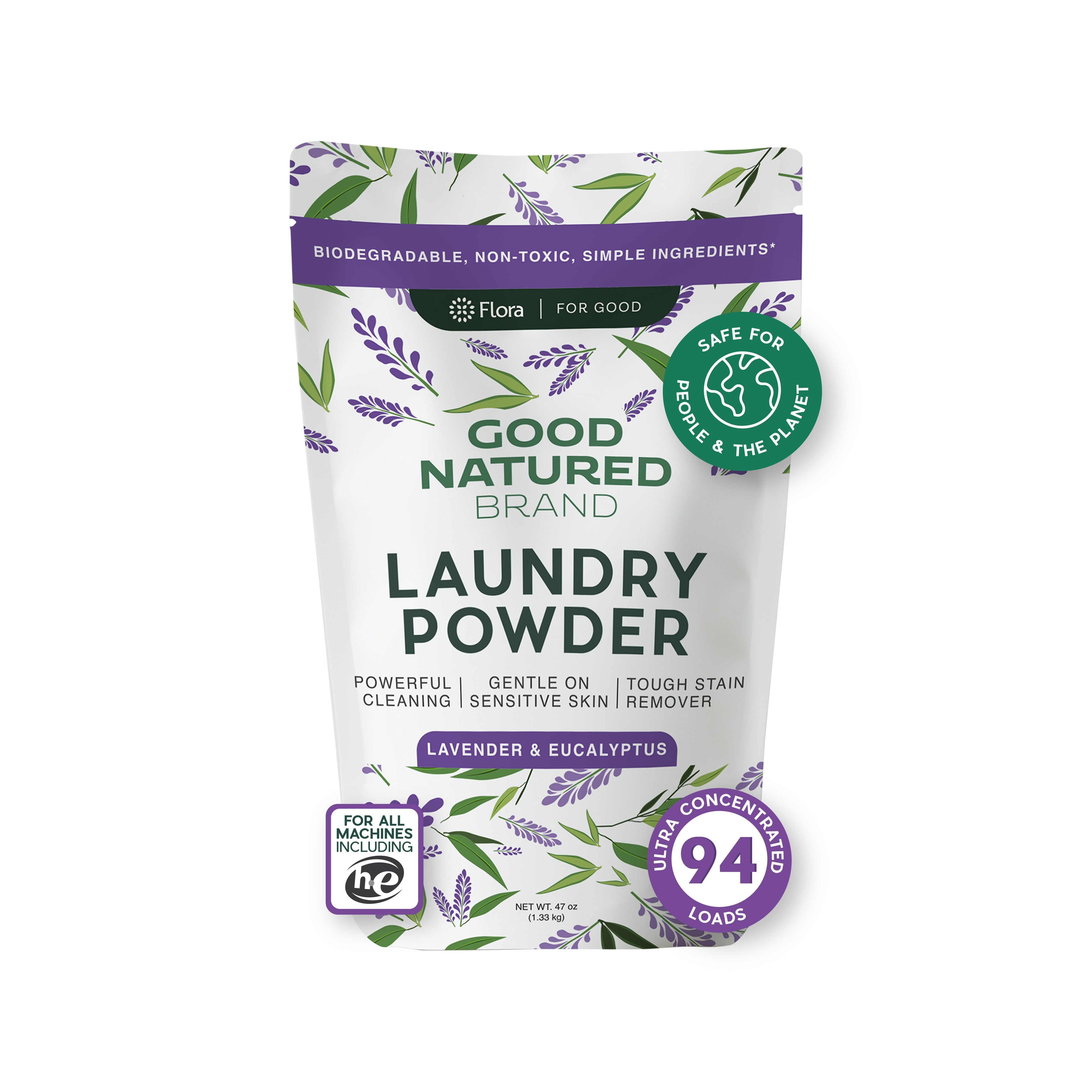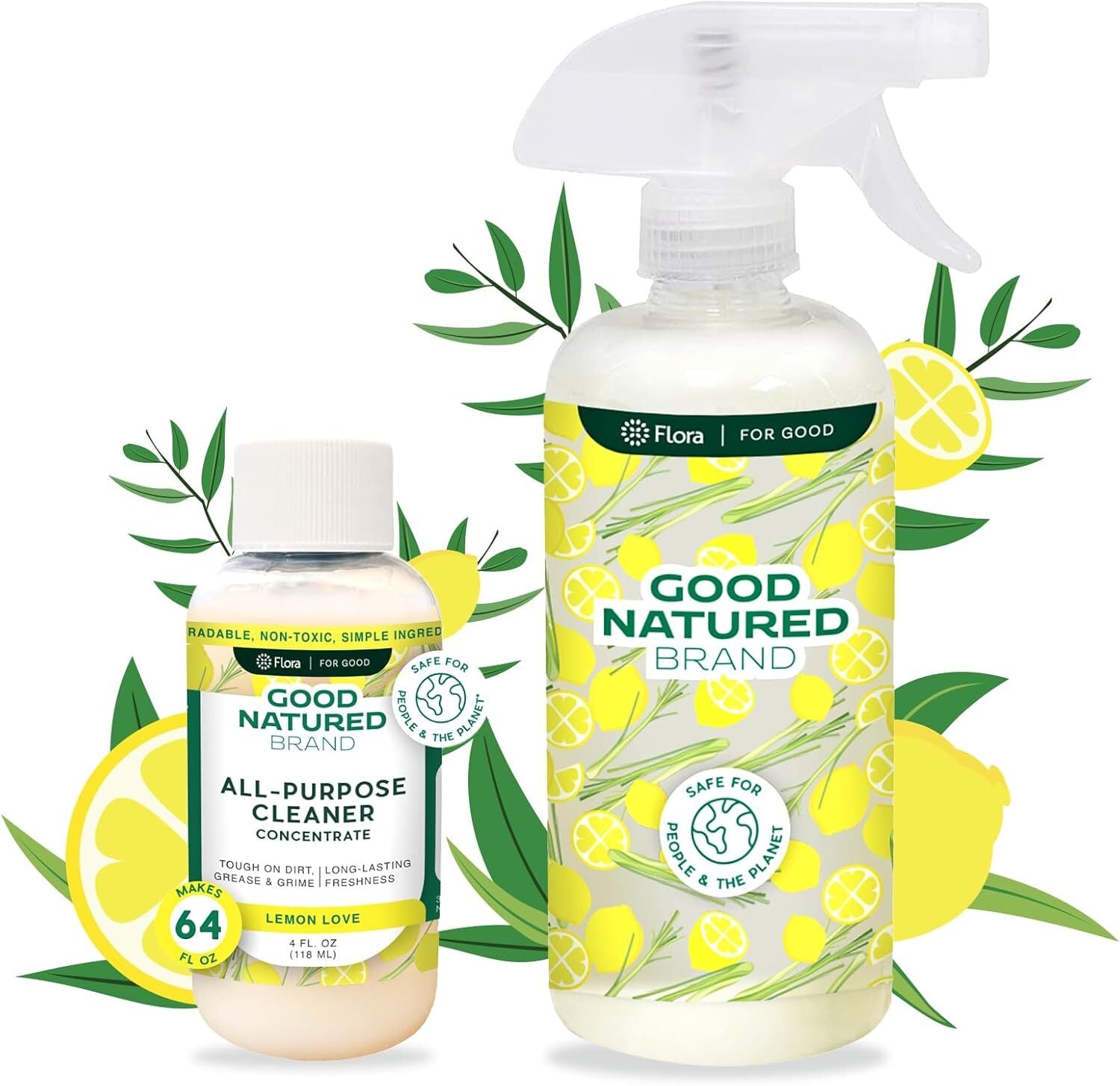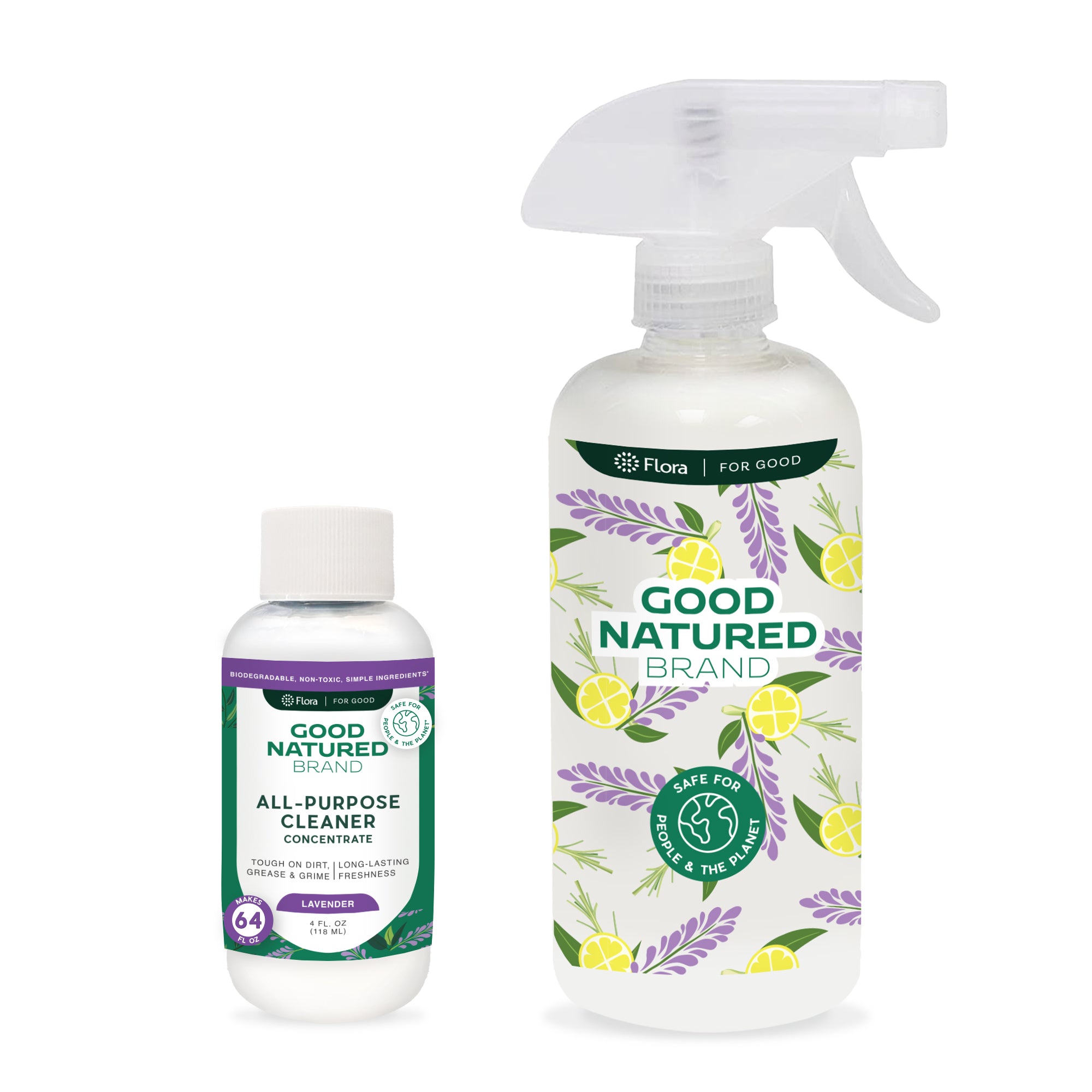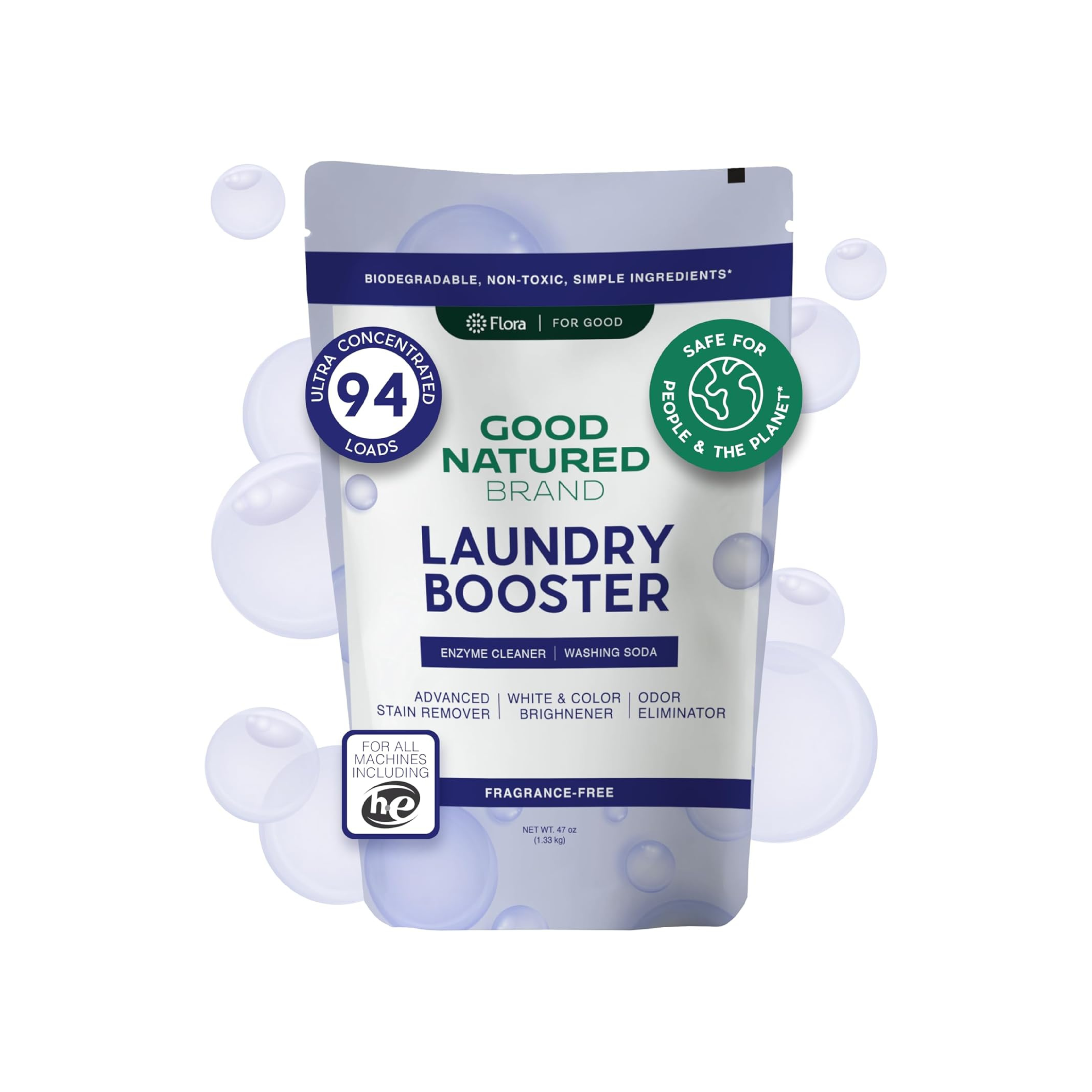As a devoted pet parent, you want the very best for your furry friend, especially when it comes to their health and nutrition. Choosing healthy treats for your puppy is an essential part of their diet and can significantly influence their growth, development, and overall well-being. With countless options available in the market, it can be overwhelming to determine which treats are genuinely beneficial. This guide will provide you with the knowledge needed to make informed choices that promote your puppy’s health and happiness.
Understanding the Importance of Healthy Treats
Healthy treats serve multiple purposes in a puppy's life. Firstly, they act as effective training tools, reinforcing positive behavior and commands. When you reward your puppy with a tasty treat, you're not just giving them something delicious; you're also helping them learn essential skills and commands. Secondly, treats can contribute to your puppy's overall nutrition. Just like humans, puppies require a balanced diet that includes proteins, fats, carbohydrates, vitamins, and minerals. By selecting nutritious treats, you can help ensure that your puppy receives the necessary nutrients for healthy growth.
Moreover, the type of treats you choose can impact your puppy's dental health. Chewy and crunchy treats can aid in reducing plaque and tartar buildup, promoting better oral hygiene. As you navigate the world of puppy treats, it's crucial to prioritize health and safety, ensuring that every morsel you provide contributes positively to their well-being.
Key Ingredients to Look For
When selecting treats for your puppy, it's essential to examine the ingredient list carefully. Here are some key components to look for:
High-Quality Proteins: Puppies need protein for growth and muscle development. Look for treats that list high-quality protein sources as the first ingredient, such as chicken, beef, or fish. These proteins provide essential amino acids that support your puppy’s growth.
Healthy Fats: Fats are a crucial energy source and support overall health, including skin and coat condition. Treats that include healthy fats, such as fish oil or chicken fat, can promote a shiny coat and healthy skin.
Digestible Carbohydrates: While proteins and fats are critical, carbohydrates also play a role in a balanced diet. Choose treats that contain digestible carbohydrates like sweet potatoes or brown rice, which provide energy and fiber for digestive health.
Vitamins and Minerals: Just like humans, puppies benefit from vitamins and minerals. Look for treats enriched with vitamins such as A, D, and E, as well as minerals like calcium and phosphorus, which are vital for bone development.
Ingredients to Avoid
While it’s essential to know what to include in your puppy’s treats, it’s equally important to recognize harmful ingredients to avoid:
Artificial Additives and Preservatives: Many commercial treats contain artificial flavors, colors, and preservatives that can be harmful to your puppy’s health. Opt for treats with natural ingredients and minimal processing to ensure your puppy’s safety.
Fillers: Ingredients such as corn, wheat, and soy are often used as fillers in low-quality treats. These ingredients can be hard for puppies to digest and provide little nutritional value. Look for treats that focus on whole, natural ingredients.
Common Allergens: Some puppies may have food sensitivities or allergies. Common allergens include wheat, dairy, and certain proteins. Pay attention to your puppy’s reactions when trying new treats and consult your veterinarian if you notice any adverse effects.
Types of Healthy Treats
Choosing the right type of treat can significantly impact your puppy's health and training. Here are some popular options:
Natural Treats: Treats made from natural ingredients without artificial additives are an excellent choice for health-conscious pet owners. These treats often come in various flavors and textures, ensuring that your puppy enjoys their reward.
Homemade Treats: Consider making your own puppy treats at home. This way, you have full control over the ingredients and can tailor them to your puppy’s preferences and dietary needs. Simple recipes using healthy ingredients like oats, pumpkin, and peanut butter can yield delicious and nutritious treats.
Store-Bought Treats: When opting for store-bought treats, take the time to read labels and choose brands that prioritize quality ingredients. Look for products that are specifically designed for puppies, as they will meet their unique nutritional needs.
Portion Control and Moderation
While treats are a great way to reward your puppy, moderation is key. Treats should not make up more than 10% of your puppy’s daily caloric intake. Overindulgence can lead to obesity and other health issues. When training, consider breaking treats into smaller pieces to ensure your puppy receives the reward without overdoing it.
Incorporating healthy treats into your puppy's routine can enhance their training experience and strengthen your bond. Always consult with your veterinarian if you have any concerns regarding the best types of treats for your puppy’s specific needs.
As you embark on this exciting journey of choosing the healthiest treats for your puppy, remember that Good Natured Brand is here to support you. Explore our eco-friendly options like our Carpet Deodorizers, Laundry Powders, and All-Purpose Cleaners that are safe for your entire family, including your beloved pets.
Understanding Your Puppy’s Preferences
As you embark on the journey of selecting healthy treats for your puppy, it’s essential to consider their taste preferences. Just like humans, puppies have individual likes and dislikes when it comes to flavors and textures. Observing which treats your puppy responds to most enthusiastically can help guide your choices.
Taste and Texture
Puppies may prefer certain textures, whether they enjoy crunchy, chewy, or soft treats. For instance, some puppies may love the satisfying crunch of biscuits, while others may prefer the softness of meat-based treats. Experimenting with various options will allow you to discover what your furry friend enjoys the most, making treat time a delightful experience.
Age and Size Considerations
Age and size are also crucial factors when selecting treats. Puppies have different nutritional needs compared to adult dogs, so it’s important to choose treats specifically formulated for their growth and development. Look for products labeled for puppies or designed for small breeds if your puppy is on the smaller side. This ensures that they receive the right balance of nutrients in every bite.
The Role of Treats in Training
Healthy treats are not just rewards; they are integral to effective training. Using treats as positive reinforcement can significantly enhance your puppy’s learning experience. When teaching commands or desired behaviors, offer a treat immediately after your puppy successfully completes the task. This association helps your puppy understand what behavior earns them the reward.
Using Treats Effectively
To maximize the effectiveness of treats during training, consider breaking them into smaller pieces. This way, you can provide multiple rewards without overindulging your puppy. Additionally, varying the types of treats you use can keep your puppy engaged and interested during training sessions. Just be sure to maintain a balance, ensuring treats do not exceed 10% of their daily caloric intake.
Incorporating Treats into a Balanced Diet
While treats are a fantastic way to reward and train your puppy, they should complement a balanced diet rather than replace it. Your puppy’s main meals should consist of high-quality dog food that meets their nutritional needs. Treats can enhance their overall diet, but they should be used in moderation.
Balancing Treats and Meals
To incorporate treats effectively, consider adjusting the size of your puppy’s regular meals when you plan to give additional treats. This helps to ensure that your puppy maintains a healthy weight and does not overeat. Monitoring their weight and adjusting portions accordingly is vital to keeping your puppy healthy and happy.
Monitoring Your Puppy’s Health
As you introduce new treats into your puppy’s diet, it’s essential to monitor their health closely. Watch for any signs of allergies or digestive issues, such as excessive itching, vomiting, or diarrhea. If you notice any adverse reactions, discontinue the treat immediately and consult your veterinarian. This vigilance will help you ensure that your puppy thrives on their new treats.
Building a Routine
Establishing a routine around treat-giving can help reinforce good behavior and make training enjoyable. Consistency is key, so try to offer treats at similar times, whether during training sessions or as a reward for good behavior throughout the day. This routine fosters a sense of security and helps your puppy understand when they can expect rewards.
Creating Variety with Treats
To keep things exciting for your puppy, consider rotating the types of treats you offer. This not only prevents boredom but also allows your puppy to experience a wide range of flavors and textures. Mix in homemade treats with store-bought options and pay attention to your puppy’s preferences.
Conclusion
Choosing healthy treats for your puppy is an essential aspect of their overall care and well-being. By understanding their nutritional needs, preferences, and the role treats play in their training, you can make informed decisions that enhance their quality of life. Remember to monitor their health and maintain a balance between treats and meals to ensure they grow into healthy, happy adult dogs.
As you explore the best options for your puppy, consider checking out Good Natured Brand for eco-friendly products that are safe for your entire family. Discover our Carpet Deodorizers for keeping your home fresh, our Laundry Powders for clean and safe clothing, and our All-Purpose Cleaners that provide effective cleaning without harsh chemicals. Join our community today and take a step towards a more sustainable and healthier future for you and your pets!

